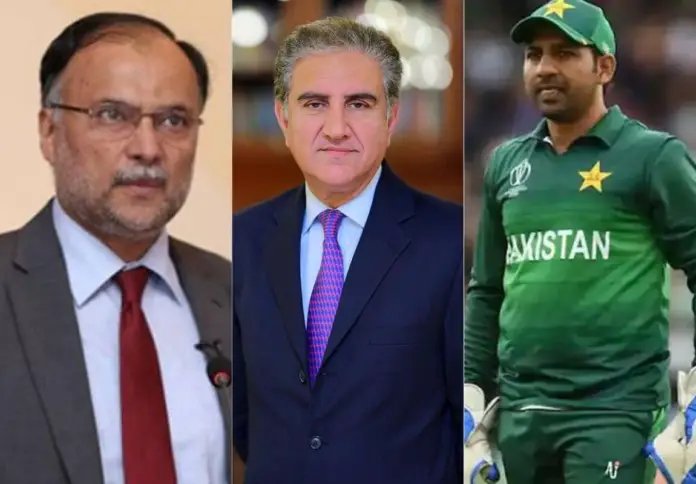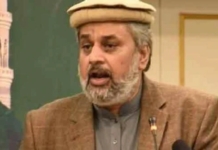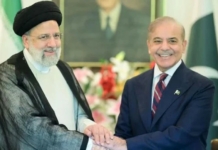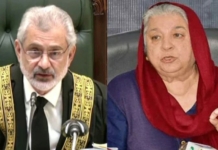The civilized societies have long accepted that prejudices, stereotypes, discrimination, slurs towards nations, faiths and persons are unacceptable.
People at some top positions in Pakistan miss the mark to bring into consideration the basic codes, however. It is not the first time that Planning Minister Ahsan Iqbal, otherwise considered the most educated and soft-spoken person in Prime Minister Shehbaz Sharif’s cabinet, disgraced a nation. Others too have committed similar bloopers in the past, perhaps due to the lack of understanding of issues of a sensitive nature.
The Pakistan Muslim League-Nawaz (PML-N) senior leader’s reference to former prime minister Imran Khan’s “attitude” to turn Pakistan into Cuba forced not only the island nation’s ambassador to take to Twitter to lodge a complaint, some other people, including journalists and social activists, reminded the minister his fault. During a press conference in Lahore on Sunday, Iqbal said Imran wanted to turn Pakistan into Cuba and North Korea.
Cuba’s Ambassador to Pakistan Zéner Caro on Monday called out Iqbal for his disrespectful words. He tweeted, “Fortunately, Minister Ahsan Iqbal’s disrespectful mention of Cuba in his press conference in Lahore does not represent and has nothing to do with Pakistanis’ true respect and deep affection for Cuba.”
“Someone pls explain the basic history of Cuba to Minister Ahsan Iqbal. He seems to think Cuba = North Korea,” tweeted Zebunnisa Burki, a journalist, soon after the statement of Iqbal who somehow later realized his mistake.
“Excellency! We have deep respect for the people of Cuba & our deep affectionate relations with Cuba. We can’t forget how Cuban doctors played heroic role in after math of 2005 earthquake in Pakistan. My remarks were only in the context of foreign policy,” Iqbal replied to the ambassador but still without any apology. The minister seemed critical to Cuba foreign policy in his latest tweet, which he has no right at all, being at a responsible position.
Former foreign minister Shah Mahmood Qureshi made the same mistake in March 2021 when, without considering his status, he made antisemitic remarks. Discussing Israel’s actions in Gaza during CNN interview, Qureshi said Israel has “deep pockets” and “they control media”. It got a pushback from host Bianna Golodryga who declared the former minister’s words antisemitic.
“The pressure of public opinion is mounting, and ceasefire is inevitable. Israel is losing out. They’re losing the media war despite their connections, they are losing the media war,” he had said but prompted Ms Golodryga to cut his words: “What are their connections? Deep pockets? What does that mean?”
When Qureshi had tried to explain that “they” were very influential people and “they” control media, the host termed it an antisemitic remark. Though the Pakistan Tehreek-e-Insaf vice-chairman had not taken back his words perhaps to gain some political weightage back in Pakistan, international press and independent analysts openly criticized the remarks.
The International Holocaust Remembrance Alliance (IHRA) calls the myth about a world Jewish conspiracy or of Jews controlling the media, economy, government or other societal institutions as antisemitism. Pakistan’s former skipper Sarfraz Ahmad uttered the N-word for South Africa’s Andile Phehlukwayo during the second one-day international in Durban in January 2019. Though he extended an apology for calling Phehlukwayo “kaale”, meaning “black”, the International Cricket Council slapped a ban on the former captain for four matches and also announced that he would undergo an education programme relating to the offence.







